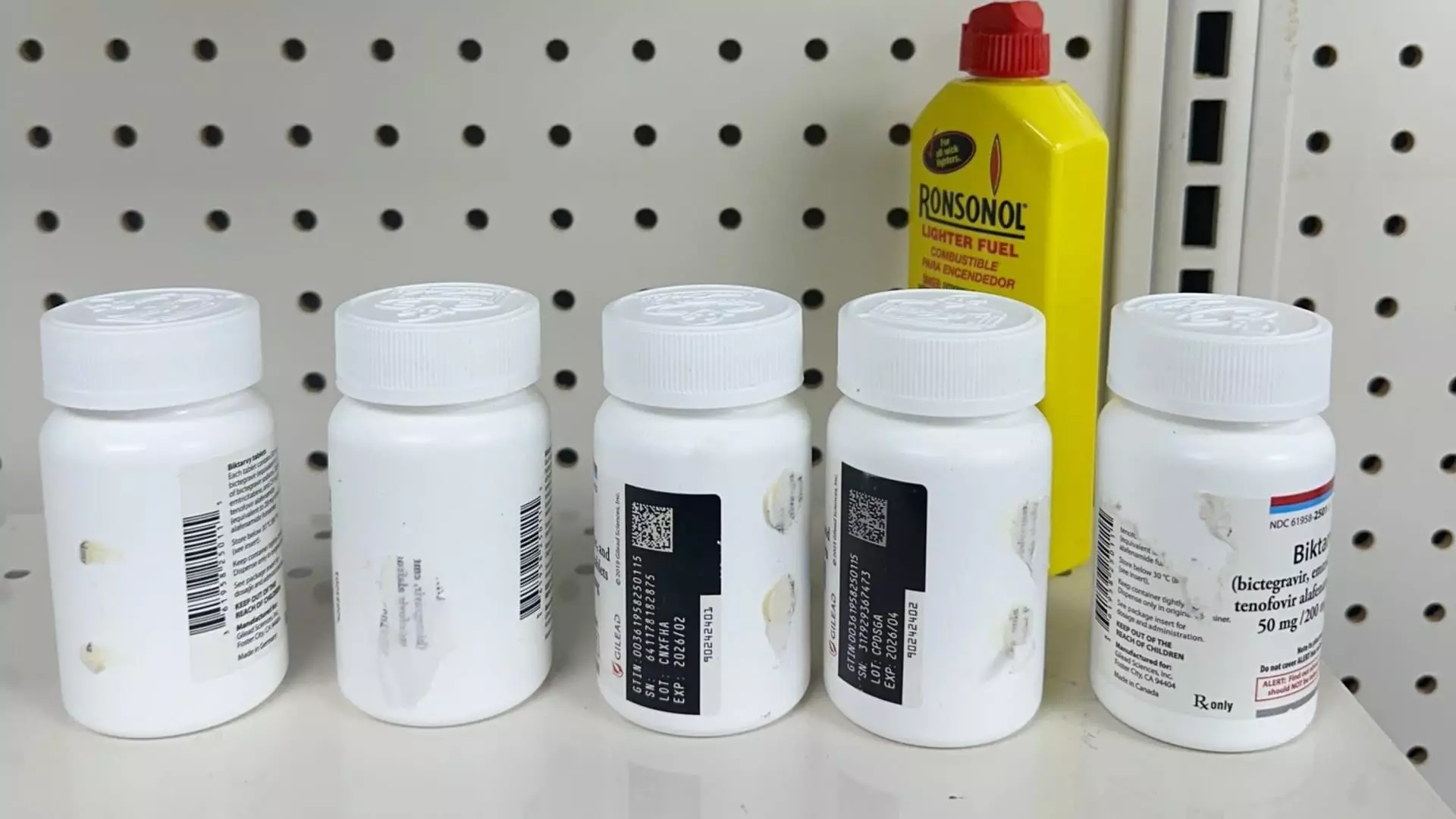Recently, Gilead Sciences revealed that they had uncovered a dangerous drug-counterfeiting operation that targeted their HIV medications. This scheme, allegedly orchestrated out of two pharmacies in New York City, involved tampering with and improperly reselling the medications before reaching the patients. According to court documents unsealed this month, Peter Khaim, a twice-convicted medical fraudster, was identified as the mastermind behind this operation. Gilead described Khaim as one of the most brazen and largest manufacturers and sellers of counterfeit Gilead medications in the country.
Gilead took legal action against Khaim and the two pharmacies, 71st RX and Best Scripts, located in Queens, as well as others connected to the counterfeiting scheme. The company’s complaint stated that Khaim controlled the two pharmacies and that the counterfeiters used authentic prescription bottles but tampered with the medication or associated documentation. The scheme involved selling counterfeit bottles with counterfeit patient information documents, caps, and pedigrees or invoices.
The majority of the Gilead HIV medications seized in the case were Biktarvy and Descovy. The victims of this scheme included patients living with HIV who were convinced to give up taking their prescribed medication, as well as patients who unknowingly received counterfeit medications from their neighborhood pharmacies. Gilead expressed concern about the health and safety of these patients and emphasized the risks associated with counterfeit medications.
This case is not the first time Gilead has taken legal action against Khaim. In 2021, the company sued Khaim and obtained an injunction prohibiting him from selling Gilead-branded products. Despite this injunction, Khaim continued to oversee the counterfeiting operation from the two Queens pharmacies. Additionally, Khaim had a history of criminal schemes, including medical and insurance fraud, for which he received significant prison sentences.
In response to this latest case, Gilead reiterated its commitment to putting patient safety first and protecting individuals from criminals selling counterfeit and illicit versions of its medicines. The company stated that they are working closely with regulatory agencies and law enforcement to dismantle counterfeiting networks, deter fraudsters, and prevent illegal pharmaceutical distribution. Gilead’s efforts to fight counterfeit drugs were highlighted in a CNBC investigation that revealed the shadowy world of counterfeit medications.
The discovery of a dangerous drug-counterfeiting operation targeting Gilead’s HIV medications highlights the ongoing challenges in ensuring the safety and integrity of the pharmaceutical supply chain. Patients must be vigilant and informed about the risks associated with counterfeit medications, and regulatory agencies and pharmaceutical companies must continue their efforts to combat counterfeiting and protect public health. The case involving Peter Khaim serves as a reminder of the serious consequences of drug-counterfeiting and the importance of upholding ethical standards in the pharmaceutical industry.

